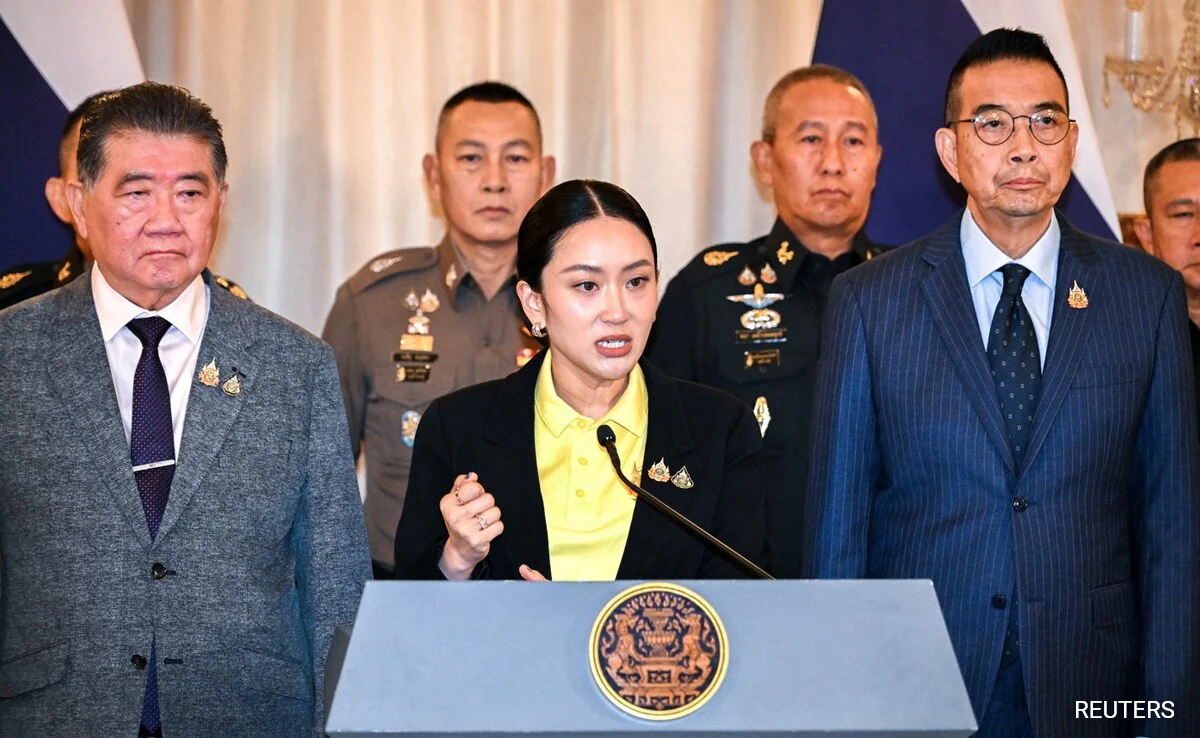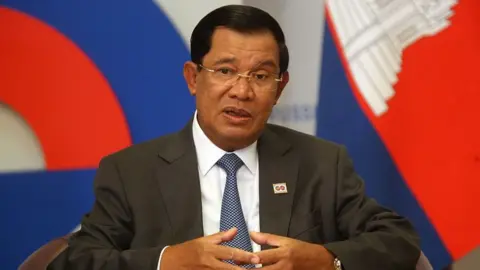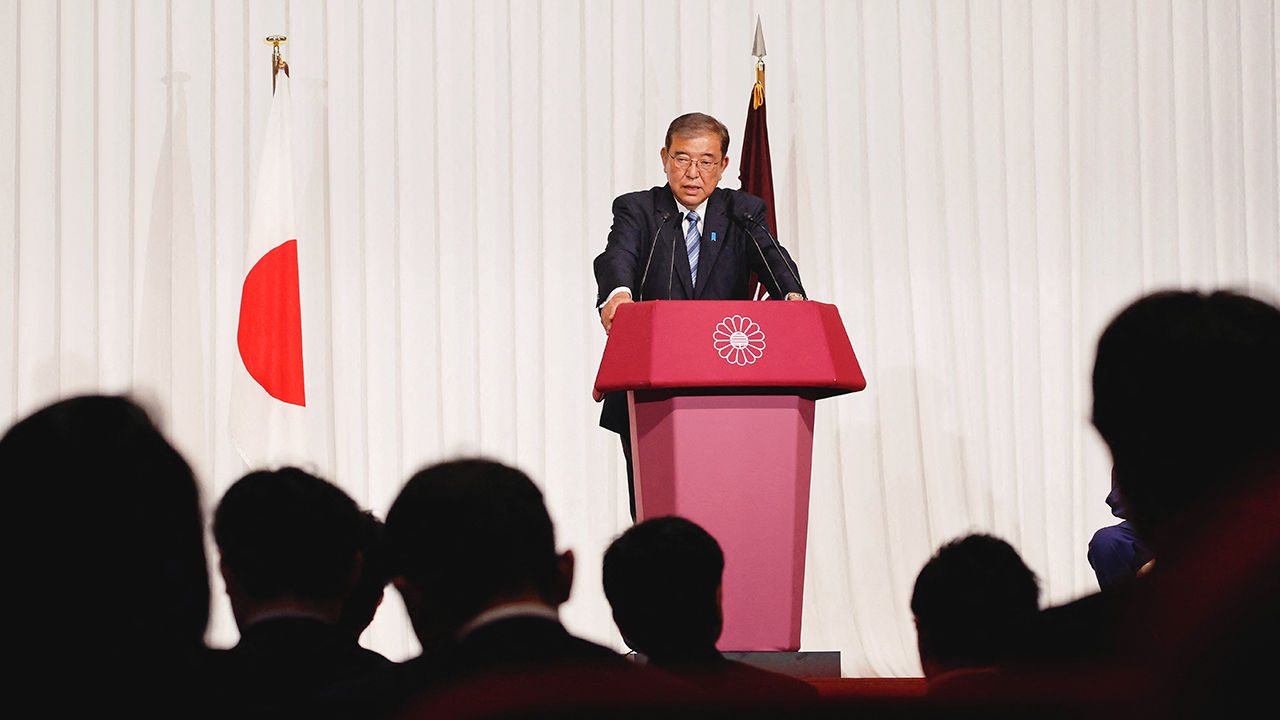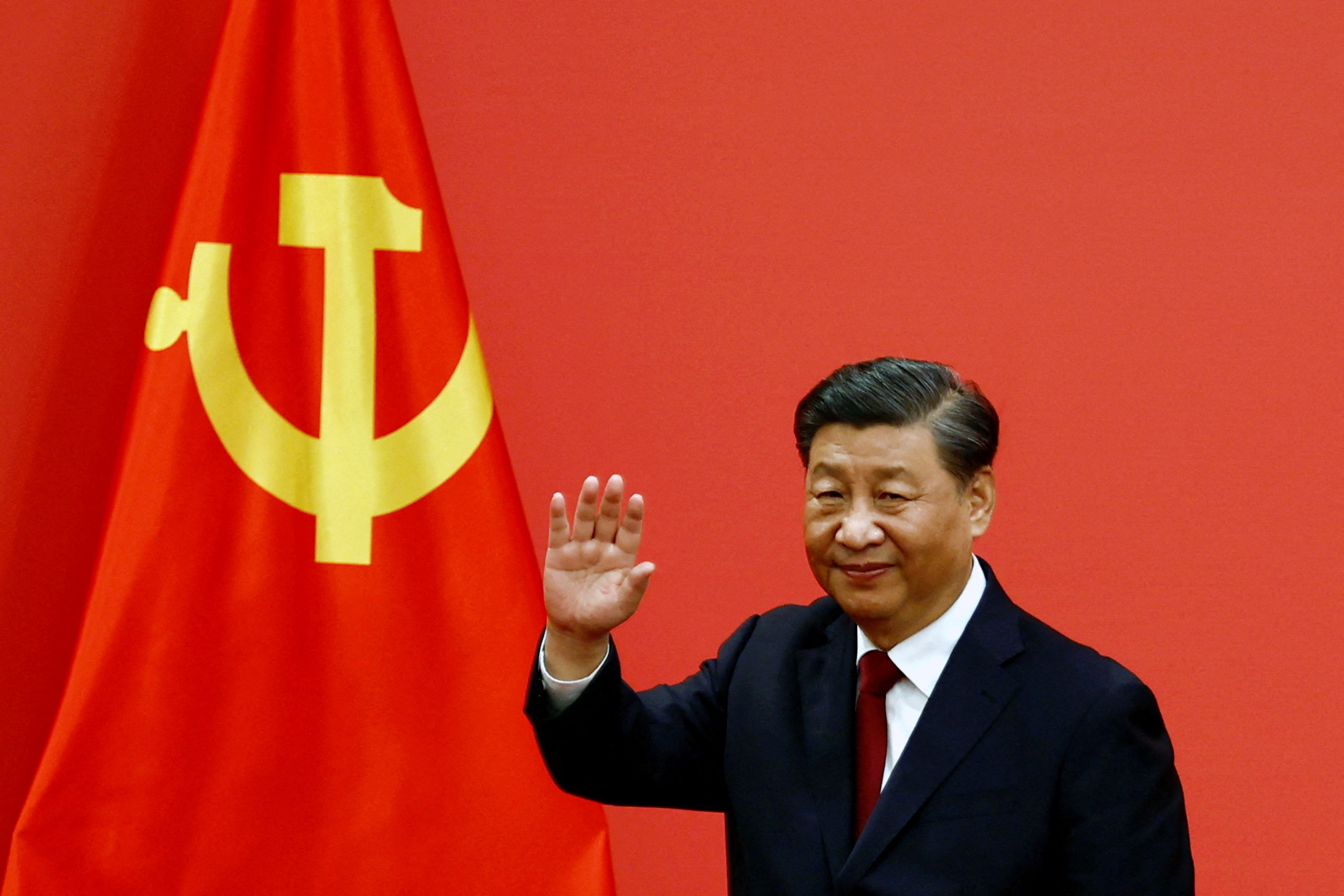A Border Dispute That’s More Than Just Lines on a Map
The lush, forested border between Thailand and Cambodia has long been a flashpoint, but in 2025, it’s become a cauldron of political and nationalist fervor. A century-old dispute over undemarcated territories, particularly around ancient Khmer temples like Preah Vihear, has flared into deadly clashes, economic reprisals, and a social media war that’s fanning the flames. This isn’t just about land—it’s about pride, history, and political survival.
The Roots of the Conflict
A Colonial Legacy That Won’t Fade
The Thailand-Cambodia border dispute traces back to the 1907 Franco-Siamese Treaty, when French colonial rulers drew maps that Thailand argues were ambiguous. The 1962 International Court of Justice (ICJ) ruling awarded the Preah Vihear Temple to Cambodia, but surrounding areas remain contested, fueling nationalist sentiments on both sides.
Recent Sparks: From Skirmishes to Full-Blown Crisis
In May 2025, a Cambodian soldier’s death in a border clash set off a chain reaction. By July, a landmine explosion injuring Thai soldiers escalated tensions into open conflict, with 38 deaths and over 300,000 displaced. Both nations traded accusations of aggression, with Cambodia alleging Thai use of cluster munitions and Thailand pointing to Cambodian rocket barrages.
The Political Fallout in Thailand
Paetongtarn Shinawatra’s Precarious Position
Thailand’s Prime Minister Paetongtarn Shinawatra, a 38-year-old political novice and daughter of former PM Thaksin Shinawatra, faces a storm. A leaked phone call with Cambodia’s influential ex-leader Hun Sen, where she called him “uncle” and criticized a Thai general, sparked outrage. The Bhumjaithai Party’s exit from her coalition and her suspension by the Constitutional Court have left her government teetering.
The Shinawatra-Hun Sen Connection
The Shinawatra family’s long-standing ties with Hun Sen, once a diplomatic asset, have become a liability. Thaksin’s opponents have long accused him of prioritizing Cambodia’s interests, and the leaked call reinforced this narrative. Hun Sen’s decision to release the audio, possibly to bolster nationalism at home, has shredded decades of friendship, leaving Paetongtarn to navigate the fallout.
Cambodia’s Side of the Story
Hun Sen’s Enduring Influence
Though Hun Sen stepped down as Cambodia’s prime minister in 2023, his grip on power remains ironclad. His son, Hun Manet, leads the government, but Hun Sen’s media control and political clout shape Cambodia’s narrative. His aggressive rhetoric, including threats to expose Thaksin’s alleged misdeeds, has escalated tensions, painting Cambodia as a defiant underdog.
Economic Reprisals and Nationalist Fervor
Cambodia’s suspension of Thai fuel and gas imports, alongside restrictions on agricultural goods, has hit bilateral trade hard—$10.4 billion in 2024, per Thai data. Social media campaigns, led by Cambodian influencers, accuse Thailand of cultural theft and aggression, while Thai nationalists retaliate online, deepening the divide.
The Human Cost of the Conflict
Lives Lost and Communities Uprooted
The border clashes have been brutal. Thailand reported 19 deaths, mostly civilians, while Cambodia confirmed 13, including eight civilians. Nearly 140,000 Thais and 135,000 Cambodians have fled to makeshift shelters, with evacuees like 75-year-old Cambodian Meun Saray longing for home but fearing ongoing violence.
A Personal Story from the Border
I once met a Thai farmer, Somchai, near Surin province, who spoke of the 2011 clashes with a weary sigh. “We just want to farm, not fight,” he said, showing me a photo of his grandchildren. Today, stories like his echo louder—families in Surin and Oddar Meanchey are again packing up, unsure when they’ll return. It’s a reminder that behind the headlines, real people bear the cost.
Ceasefire Efforts and Fragile Peace
A Tense Truce Brokered by ASEAN
On July 28, 2025, Malaysia’s Prime Minister Anwar Ibrahim, backed by U.S. pressure, brokered an “immediate and unconditional ceasefire” between Thailand and Cambodia. Both sides agreed to halt troop movements, but accusations of violations persist, with Cambodia claiming Thai encroachments and Thailand alleging Cambodian rocket attacks.
Why the Ceasefire Hangs by a Thread
Analysts like Kokthay Eng warn the truce is tenuous, tied to economic pressures like U.S. tariffs looming in August 2025. Without a clear border survey or mutual trust, small incidents—like a Thai soldier’s injury or a Cambodian trench—could reignite fighting. The lack of agreement on maps (Thailand’s 1:50,000 vs. Cambodia’s 1:200,000) complicates resolution.
Comparing the Stakes: Thailand vs. Cambodia
| Aspect | Thailand | Cambodia |
|---|---|---|
| Leadership | Paetongtarn Shinawatra (suspended), Pheu Thai coalition under strain | Hun Manet (PM), Hun Sen (de facto power) |
| Military Strength | Larger arsenal, F-16 airstrikes, heavy artillery | Smaller, outgunned forces, reliant on rocket barrages |
| Economic Impact | Threatens to cut electricity, internet to Cambodia; $10.4B trade at risk | Suspended Thai fuel/gas imports, impacting $10.4B trade |
| Political Stability | Coalition fracturing, protests planned, judicial scrutiny | Stable under Hun Sen’s control, but nationalism drives policy |
| International Support | Rejects ICJ, prefers bilateral talks; ASEAN mediation accepted reluctantly | Pushes for ICJ ruling, backed by ASEAN and U.N. appeals |
Thailand’s Challenges
Thailand’s political instability, exacerbated by the Bhumjaithai Party’s exit and upcoming protests, puts Paetongtarn’s leadership at risk. Her suspension and the Constitutional Court’s probe could lead to her dismissal, further destabilizing the government.
Cambodia’s Strategy
Cambodia leverages its underdog status, with Hun Sen’s media machine amplifying claims of Thai aggression. By pushing for ICJ involvement, Cambodia aims to internationalize the dispute, though Thailand’s rejection of the court’s role stalls progress.
Pros and Cons of the Current Approach
Thailand’s Approach
- Pros: Stronger military gives leverage; bilateral talks avoid ICJ concessions.
- Cons: Political turmoil weakens diplomacy; nationalist rhetoric risks escalation.
Cambodia’s Approach
- Pros: ICJ push gains international sympathy; Hun Sen’s control ensures unified messaging.
- Cons: Economic dependence on Thailand hurts; aggressive rhetoric alienates allies.
The Social Media War
Nationalism Goes Viral
Both sides have taken the fight online, with Thai and Cambodian netizens trading barbs over everything from temple ownership to culinary heritage. Cambodian influencer SreyNea Nea’s cry, “Just because Thailand is bigger, Cambodia is a villain now?” captures the frustration, while Thai users decry “Claimbodia” for alleged cultural theft.
The Information Gap
Cambodia’s lack of a free press, with journalists like Mech Dara facing imprisonment, limits its global narrative. Thailand’s “flawed democracy” allows more media diversity, giving it an edge in shaping international perception, though both sides struggle with misinformation.
What Can Be Done? Solutions and Resources
Informational: Understanding the Dispute
The conflict stems from colonial-era maps and nationalist pride over temples like Preah Vihear. For a deep dive, the International Crisis Group offers detailed reports on the border issue.
Navigational: Where to Get Updates
Stay informed via reputable sources like BBC News or Reuters for balanced coverage. The Phnom Penh Post provides Cambodia’s perspective, while The Nation Thailand covers Thai viewpoints.
Transactional: Tools for Engagement
- News Apps: Download apps like BBC or Al Jazeera for real-time updates.
- Social Media Monitoring: Use tools like Hootsuite to track #ThailandCambodia posts on X.
- NGO Support: Donate to organizations like the Thai Red Cross aiding evacuees.
People Also Ask (PAA)
Why are Thailand and Cambodia fighting in 2025?
The conflict reignited over a disputed border, particularly around the Preah Vihear Temple, with tensions escalating after a Cambodian soldier’s death in May and a Thai landmine incident in July.
What caused Paetongtarn Shinawatra’s suspension?
A leaked phone call with Hun Sen, where she criticized a Thai general, led to accusations of ethical violations, prompting the Constitutional Court to suspend her on July 1, 2025.
Is the Thailand-Cambodia ceasefire holding?
As of August 2025, the ceasefire is fragile, with both sides accusing each other of violations, such as Thai fence-building or Cambodian rocket attacks.
How does the border dispute affect trade?
Cambodia’s ban on Thai fuel and gas imports and Thailand’s threats to cut electricity have disrupted $10.4 billion in bilateral trade, impacting workers and economies.
FAQ Section
What is the Thailand-Cambodia border dispute about?
It’s a century-old conflict over undemarcated borders, rooted in the 1907 Franco-Siamese Treaty, with key flashpoints like the Preah Vihear Temple fueling nationalist tensions.
Why did Hun Sen leak the phone call with Paetongtarn?
Analysts suggest Hun Sen aimed to boost domestic support for his son’s government or retaliate against Thai crackdowns on scam compounds, though his exact motives remain unclear.
How can I help those affected by the conflict?
Support organizations like the Thai Red Cross or Cambodia’s Khmer Relief Fund to aid displaced families with food, shelter, and medical care.
Is it safe to travel to Thailand or Cambodia now?
Check travel advisories from the U.S. State Department or U.K. Foreign Office before planning trips near border areas.
What’s next for Thailand’s government?
Paetongtarn’s fate hinges on the Constitutional Court’s ruling, with protests and coalition shifts potentially forcing snap elections if her government collapses.
A Path Forward?
The Thailand-Cambodia row is a tangled web of history, politics, and pride. For Thailand, Paetongtarn’s suspension and the coalition’s fragility signal turbulent times ahead. Cambodia’s Hun Sen, ever the strategist, uses the conflict to cement his legacy, but at what cost? The ceasefire offers hope, but without a clear border agreement, peace remains elusive. As Somchai the farmer told me years ago, “We don’t need more temples to fight over—just a chance to live.” Let’s hope cooler heads prevail before more lives are lost.



